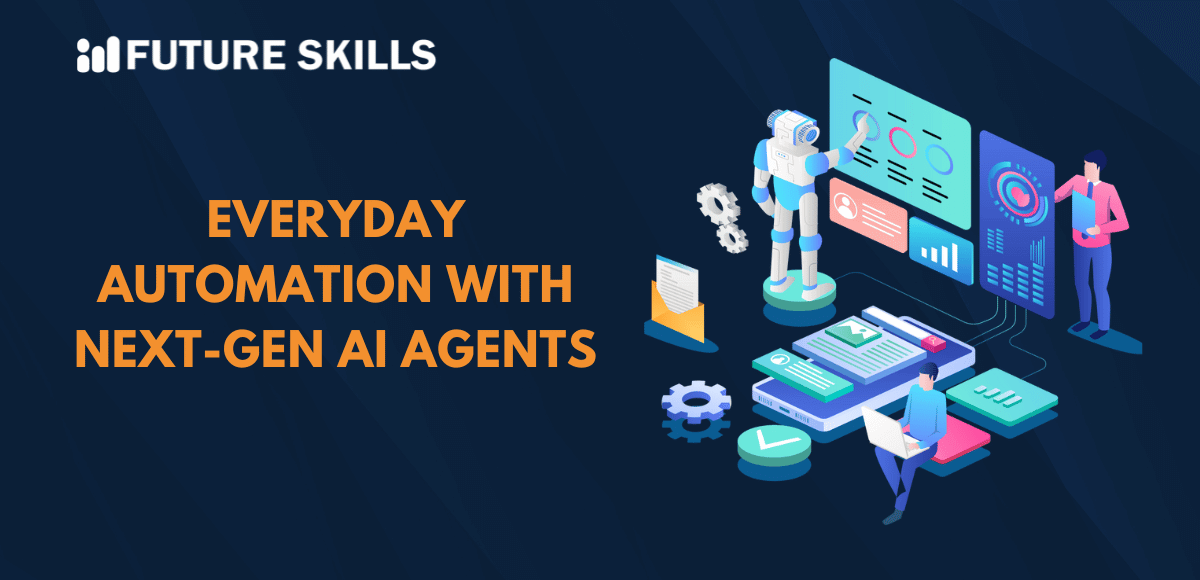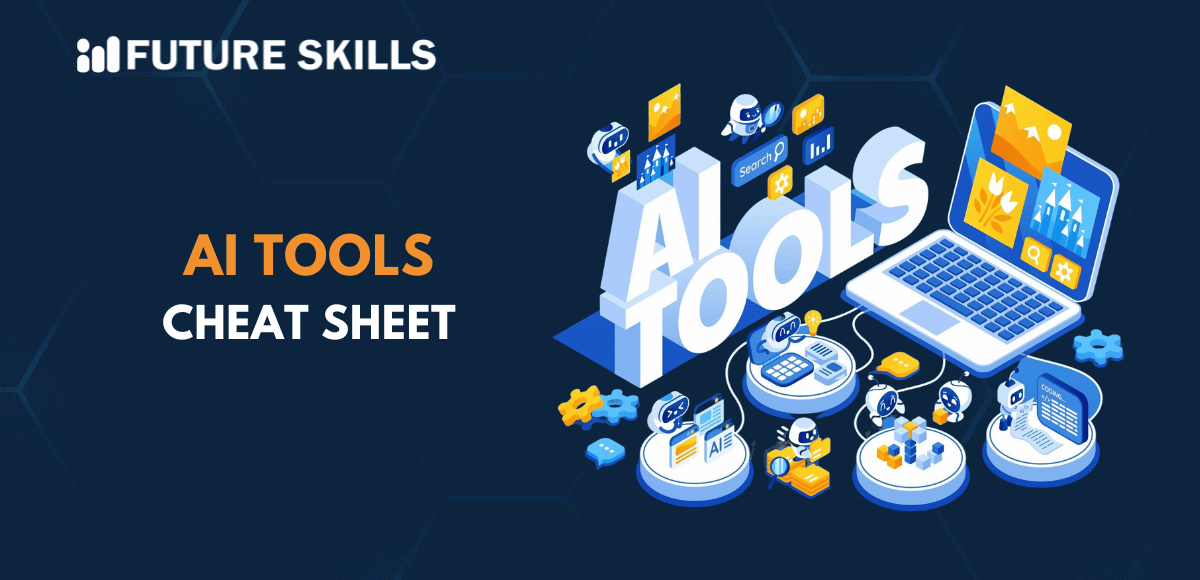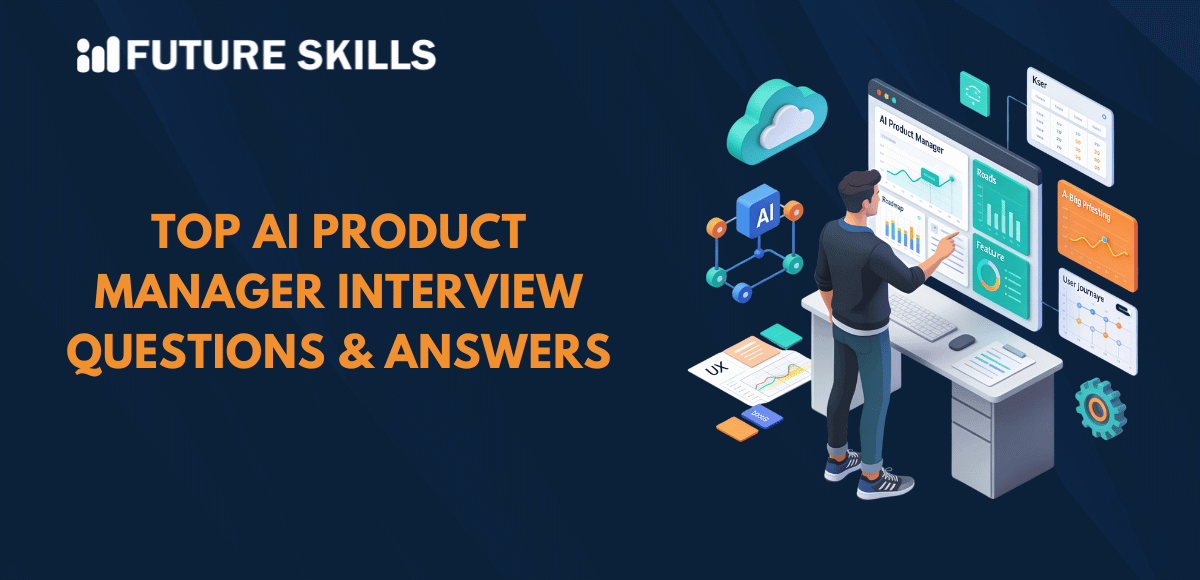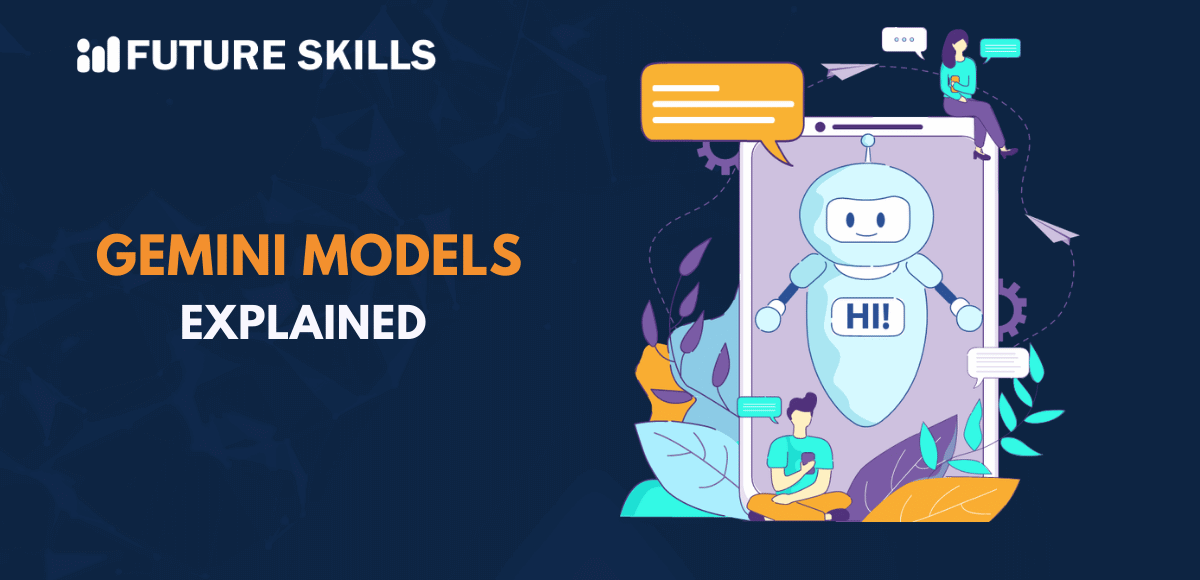AI agents, as well as autonomous systems, are revolutionizing everyday automation like never before. These types of novel digital technologies are playing a catalytic role in shortening the gap between machine efficiency and human intelligence. Such intelligent digital tools can act in an autonomous or independent manner while learning from engagements and interactions. Individuals can utilize such tools for managing diverse tasks on a regular basis. You can even perform real-time data analysis with the help of AI Agents and Autonomous Systems.
It is essential to learn about AI Agents/Autonomous Systems so that they can support everyday automation in your life. These novel tools can certainly simplify your life and make you more efficient in your typical tasks and activities. It is time to explore the world of automation and uncover the vital role of AI Agents and Autonomous Systems.
Learn how to use AI in different scenarios with our advanced Certified AI Professional (CAIP)™ Course and become a certified AI expert.
What are AI Agents and Autonomous Systems?
AI agents refer to self-directed programs that are powered by advanced machine learning and natural language processing technologies. These technologies allow them to not only perceive but also reason and act to achieve specific goals without continuous human supervision. In the case of everyday automation, autonomous systems leverage these agents in order to perform tasks like smart home control and email management. They can also be used for data-driven decision-making with human-like adaptability and precision. In fact, thanks to AI agents automation has become a reality today.
Autonomous systems can be defined as technologies that can operate independently and make decisions without human intervention. They are capable of performing tasks by sensing their environment and acting on that data. A question that you may have in mind is – How can AI be used for automation? The answer is simple. AI can be used for automation purposes by enabling machines and systems to perform tasks that typically require human intelligence, such as decision-making and problem-solving.
Key Areas Where AI Agents and Autonomous Systems Drive Automation
You will be surprised to know that we are already dependent on AI agents automation everyday. There is a diverse range of areas where AI agents and autonomous systems have been introducing automation.
-
Virtual Assistants
AI agents such as Siri and Google Assistant manage daily tasks such as scheduling and reminders. They are designed to interact with users through natural language. It enables them to understand as well as respond to typed or spoken commands. These advanced tools help reduce mental clutter for individuals and streamline routines by learning user preferences and anticipating their needs.
-
Smart Home Management
Smart Home Management harnesses AI-powered autonomous systems in order to create highly secure and energy-efficient living environments for people. A smart home automation system at its core includes a number of components, including a centralized control hub, smart devices, and connected mobile applications. Many people are reliant on such AI agent automation everyday.
-
Customer Support
AI-powered chatbots are capable of automating routine customer inquiries. They can provide 24/7 support to customers while improving response times. The role of these AI agents automation everyday tasks is useful as they free human agents for complex tasks and activities.
-
Personalization of Online Shopping
Autonomous systems AI has certainly revolutionized how people shop today. These novel systems are capable of analyzing the browsing and purchase history of customers. Thus, they can offer personalized product recommendations to them. There is an opportunity to improve both user experience and sales efficiency. Novel systems like autonomous systems and AI agents automation everyday shopping for customers.
-
Administrative and Workflow Coordination
The use of autonomous systems AI can significantly enhance the efficiency of organizations. This is possible through the automation of repetitive as well as time-consuming tasks that are involved in managing business processes. Organizations across diverse industries can capitalize on AI agents for the purpose of streamlining a plethora of functions, such as data entry, document management, and scheduling.
Learn how ChatGPT and AI can transform your career and help you boost productivity, creativity, and innovation with our ChatGPT and AI Fundamentals course for free.
Challenges in Implementing AI Agents/Autonomous Systems for Automation
It is true that AI Agents and Autonomous Systems have been revolutionizing everyday automation. With AI agents automation has come a long way. However, a number of challenges may arise that may impede their overall effectiveness. Some of the key challenges that you need to be aware of include:
-
Data Privacy
AI agents process sensitive data, thereby giving rise to privacy concerns. Although they may simplify your day-to-day operations and tasks, these innovative tools also give rise to security and privacy concerns for users, which cannot be ignored.
-
Concerns Regarding Trust
AI-based decisions can be considered to be effective in nature when they can be explained. Suppose they function as black boxes; trust issues may arise for users. This is because users may not be able to understand how the decisions are made.
-
Skill Gap
The proper use and deployment of AI agents and autonomous systems requires technical skills in AI. In the absence of the necessary skills and prowess, it is not possible for businesses to capitalize on AI agents optimally.
When answering the question – How can AI be used for automation? It is essential to take into consideration the associated challenges. It is key to address these challenges so that AI can be optimally used for automating diverse processes and activities.
Want to gain practical skills in using OpenAI API and implementing API calls to facilitate LLM interactions, Enroll now in the Certified Prompt Engineering Expert (CPEE)™ Certification.
Future of AI Agents and Autonomous Systems
The future of AI Agents and Autonomous Systems is full of new possibilities. Although these inventions are in their nascent stage, they have taken automation to unimaginable heights. In the future, when these technologies advance further, their capabilities are likely to increase further. The use of autonomous agents in AI can broaden the capabilities relating to automation.
Individuals as well as companies may start adopting AI agents and autonomous systems at a faster pace. Companies of diverse sizes may leverage these technologies in order to strengthen their customer service and other operations. This trend had the potential to transform the experiences of customers while interacting with businesses.
It may even bring about a radical change in the existing processes and practices of companies. Both individuals and organizations need to realize the true potential of AI agents and autonomous systems so that optimum value can be derived from these novel technologies in the future.
Final Words
AI agents, as well as autonomous systems, are currently transforming everyday automation. This has been possible as these technologies are bringing human-like intelligence along with adaptability to routine tasks. These novel systems are capable of autonomously handling complex and multistep processes. Moreover, they are able to continuously learn and self-correct in order to boost the level of efficiency and accuracy.
The novel technologies have been impacting certain areas through automation, like smart home management and customer support, among other areas, like online shopping. These advanced systems have gained high relevance not only at the organizational level but also at the individual level today. Their popularity may further rise thanks to their ability to automate diverse processes and practices, driving demand for AI certification to ensure professionals have the skills to develop and manage these intelligent systems effectively.






